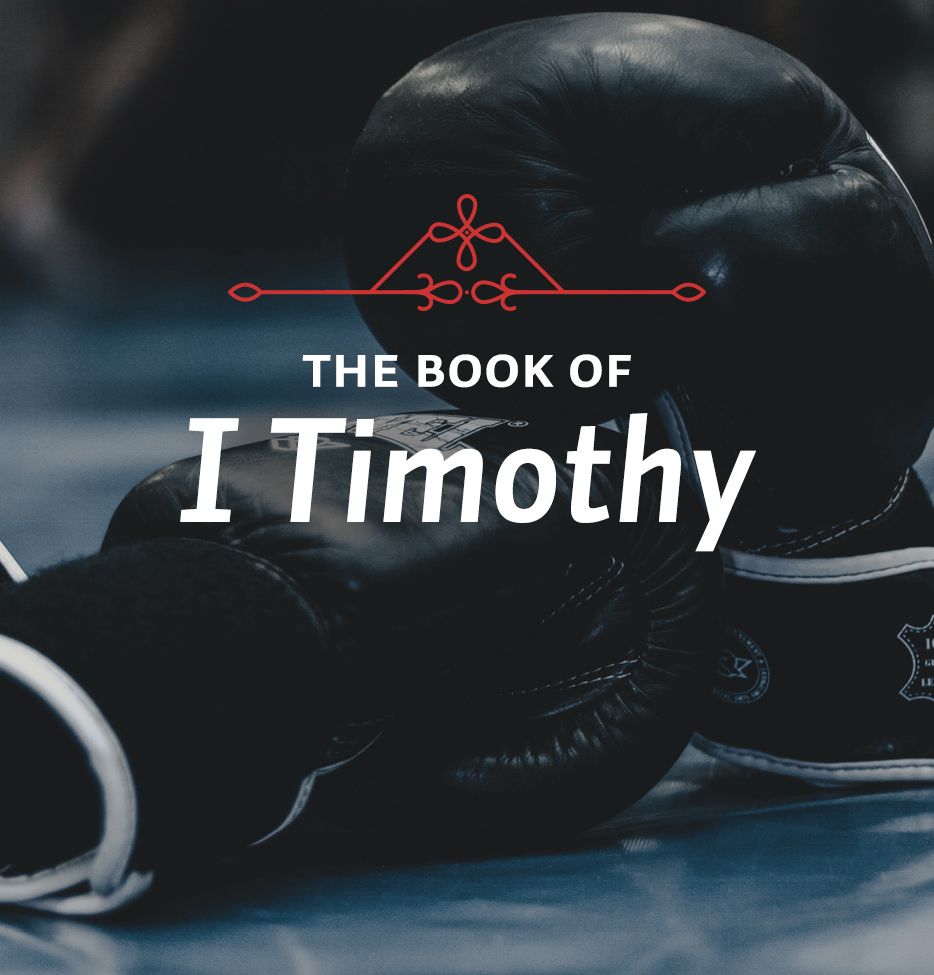Theme: Knowing Christ Alone
In this week’s lessons, we look at how Paul viewed himself apart from Christ, and the great change that took place because of God’s mercy.
Scripture: 1 Timothy 1:12-20
But then we come to Philippians 3:7, which shows us the great change that took place in Paul’s life. Before, as a legalistic Pharisee, he looked at all his supposed advantages—all those things that contributed to his working so hard to stamp out the church’s teaching about Jesus—and he concluded that they were a loss to him spiritually instead of a profit as he previously believed. Once he encountered the Lord Jesus Christ on his way to Damascus and was converted, Paul came to understand his real condition before the holy God. Looking at his own understanding of what righteousness was, he came to see it as filthy rags because it kept him from Christ and led him to persecute the very thing that God was doing in this world.
I think what Paul is doing in this passage in Philippians is using a metaphor from banking or accounting. In talking about gain and loss, it’s as if he were looking at his life as if it were a balance sheet. One could imagine a big line down the middle, with a column of assets on one side and one of liabilities on the other. One would get to heaven by getting more in the column of assets than you had in the column of liabilities. Or you could think of it in terms of a scale. After putting all the good works on one side and bad deeds on the other, which side would be heavier?
Paul listed all those items he thought were assets, but when he finally saw Christ as he really is, Paul realized that they were actually liabilities. Paul was trusting in all these things to please God instead of trusting in Christ. Figuratively speaking, what Paul then did was to take all these things he used to think were assets, and move them into the column of liabilities. Finally, he put into the assets column Jesus Christ alone.
That’s what salvation is. Nobody has ever been saved in any other way. We sing it in one of our hymns:
Nothing in my hand I bring, simply to thy cross I cling;
naked, come to thee for dress; helpless, look to thee for grace;
foul, I to the Fountain fly; wash me, Savior, or I die.
If you can sing this hymn in faith, understanding it and affirming what it says, and living out its truths, then you have done what Paul has done. God will indeed hide, cleanse and clothe all those who come to him, utterly dependent on his mercy and grace. This is why Paul doesn’t minimize doctrine. It is in these truths that we have found newness of life. We go from being enemies of God who work against his cause, and become those who are willing to suffer for his sake in order to live for him and communicate that same gospel to other perishing men and women.
Let me point out something else too. Paul came to that understanding of what he was in himself, apart from the grace of God, and what he had become in Jesus Christ. He did not go on from that point to become more and more self-righteous. As he entered into this process of growing in the Christian life, he progressed in an understanding of God and his nature, as well as of himself and his sin. He recognized himself not to be increasingly righteous, but increasingly sinful.
Study Questions:
What did Paul come to conclude about his religious position and practice apart from Christ? Why?
What does it mean to come to God with empty hands? Why do we have an inherent problem with coming to God in this way?
Prayer: Do you struggle in any way with pride in your Christian life? Ask the Lord to humble you and see yourself as you really are.
For Further Study: Download and listen for free to Philip Ryken’s message, “The Friend of Sinners.” (Discount will be applied at checkout.)






